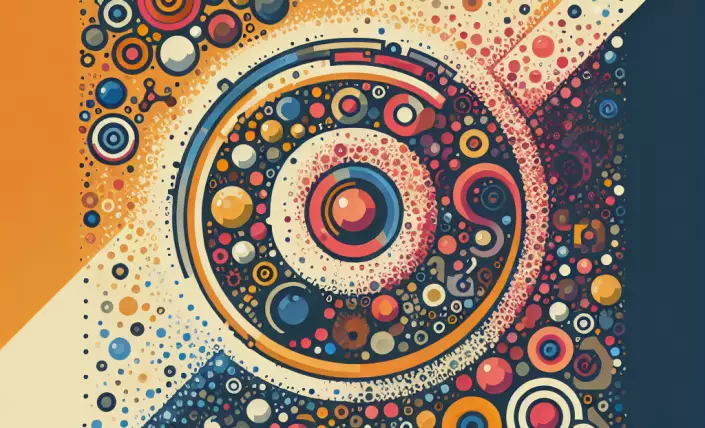The philosophical musings of Augustine of Hippo unravel a tapestry of thought that has intrigued scholars for centuries. Among the myriad themes Augustine explored, the intricate dance between time and eternity stands out as a profound reflection on human existence. This exploration is not merely an intellectual exercise but a deeply personal inquiry into the nature of life and our place within it.
At the heart of Augustine's philosophy is the notion that time is a construct of the human mind, a sequence of fleeting moments that pass into oblivion. He posits that time exists only in the present, as the past is but a memory and the future a mere expectation. This present-centric view challenges us to reconsider our understanding of existence. Augustine invites us to reflect on our tendency to be ensnared by the past or consumed by the future, often at the expense of experiencing the present moment. This temporal preoccupation can lead to a life lived in distraction, where the essence of existence slips through our fingers like grains of sand.
In contrast, eternity, for Augustine, is the realm of the divine, where time holds no dominion. It is a state of unchanging presence, a reality that transcends the temporal bounds of human life. This juxtaposition raises profound questions: How can we reconcile our temporal nature with the eternal? How do we live meaningfully within time while aspiring to touch eternity? Augustine's reflections guide us towards a life of introspection and self-awareness, encouraging us to find moments of eternity within the temporal flow of life. He suggests that through contemplation, prayer, and a focus on the divine, we can experience glimpses of eternity in our everyday lives.
Augustine's insights offer a lens through which we can examine our own lives, urging us to seek balance in the tension between time and eternity. This philosophical inquiry invites us to pause, to reflect, and to align our lives with higher truths that transcend the temporal. In doing so, we may discover a deeper sense of purpose and fulfillment, grounded in the eternal presence that Augustine so eloquently describes. Through this reflective journey, we are reminded that while we are creatures of time, we are also called to participate in the timeless dance of eternity.










